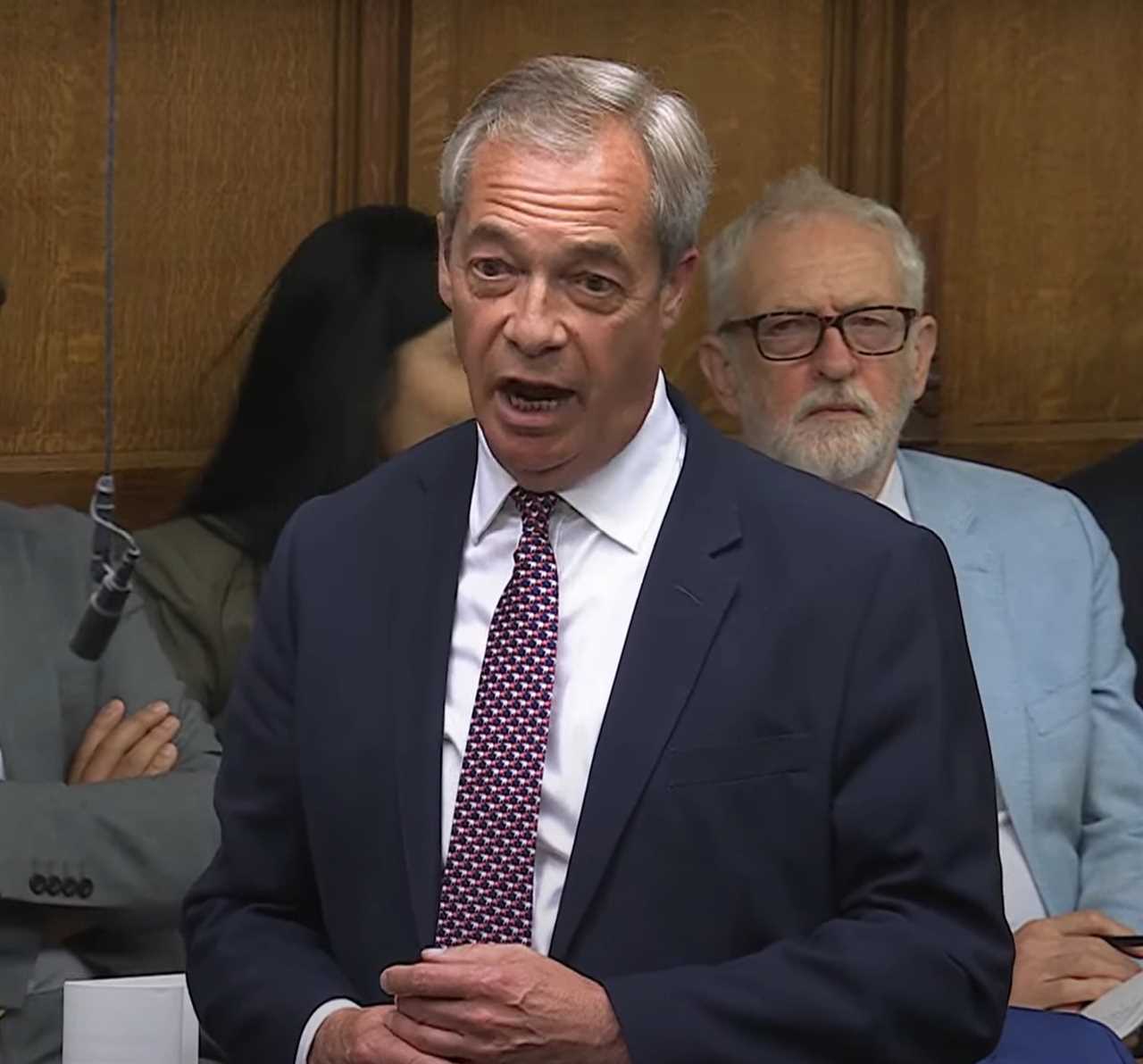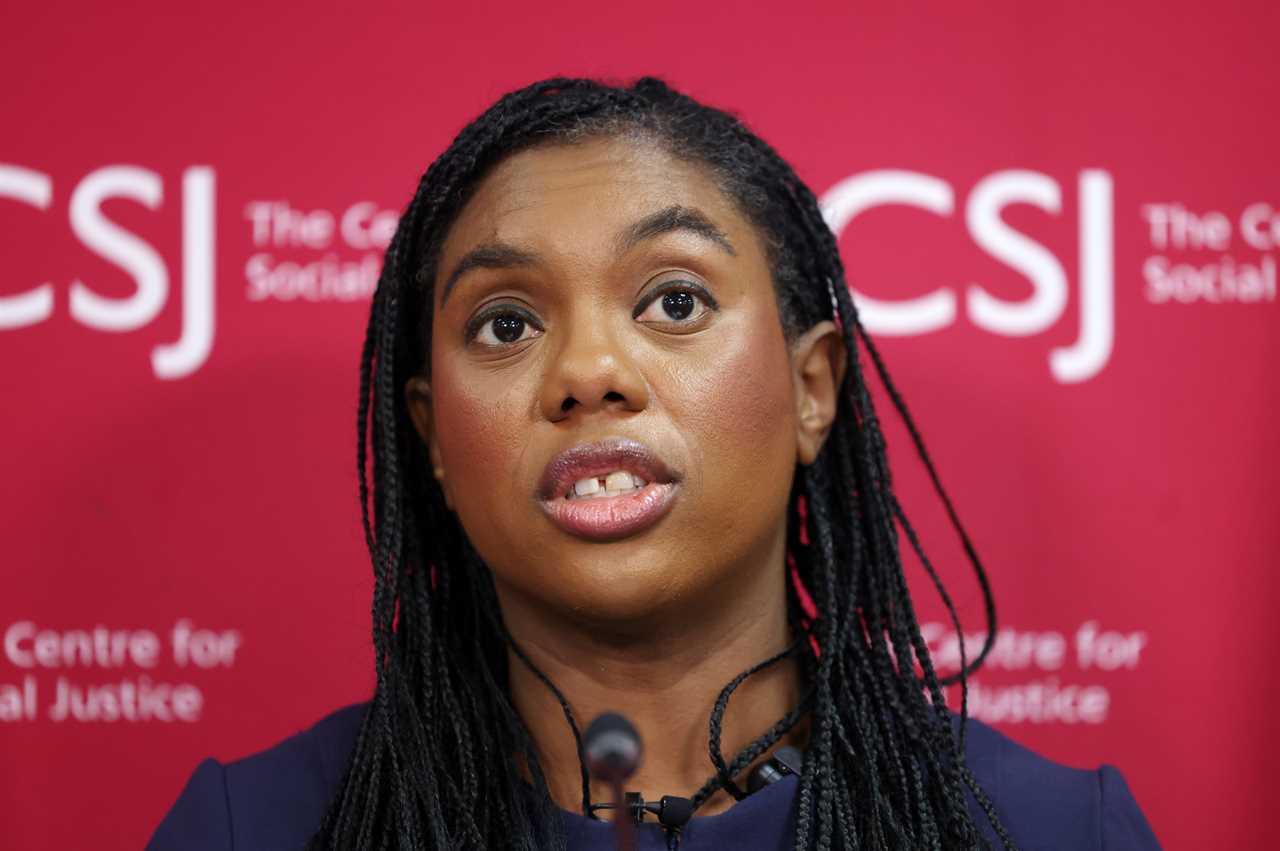
In a move to challenge Nigel Farage's proposal to abolish the two-child benefit cap, Kemi Badenoch will confront the issue in Parliament, highlighting the financial implications and ideological differences between the parties. As birth rates decline, Farage argues for incentivizing more children, but at a significant annual cost to public funds. Badenoch asserts fiscal responsibility, arguing against increased welfare spending. The debate underscores contrasting visions on social support and government intervention.
The wider context: Ideological Clashes on Social Welfare
Farage's call to eliminate the two-child benefit cap raises questions about pro-natalist policies and state support for families. The clash between Reform and the Tories reflects deeper ideological divides on government spending, social safety nets, and the role of public finances in shaping social behaviour. By challenging Farage's proposal, Badenoch highlights the delicate balance between incentivizing childbearing and managing public resources.
Political Strategy and Financial Realities
As Sir Keir Starmer considers options to address child poverty, including the two-child limit, the political manoeuvring around welfare policies intensifies. The debate over public spending, taxation, and social welfare reveals competing priorities within the political landscape. Badenoch's stance not only challenges Farage but also signals the Conservative party's commitment to fiscal restraint and smaller government intervention, contrasting with Reform's more expansive vision.
Impact on Families and Society
Behind the political rhetoric lies the lived experiences of families impacted by benefit policies. The two-child limit directly affects household finances and reproductive choices, showcasing the profound influence of state regulations on individual lives. By delving into the implications of these policies, we confront broader questions of social justice, economic equity, and the redistribution of resources within society.

Ultimately, the clash between Badenoch and Farage symbolizes larger debates on social welfare, fiscal responsibility, and the ethical considerations of government support. The outcome of this battle in Parliament will not only shape benefit policies but also reflect the values and priorities of the political factions involved. As the discourse unfolds, we are reminded of the intricate interplay between public policy, political ideologies, and the well-being of society as a whole.
Did you miss our previous article...
https://trendinginthenews.com/uk-politics/analysis-ed-milibands-climate-campaign-sparks-controversy-amidst-net-zero-debate






